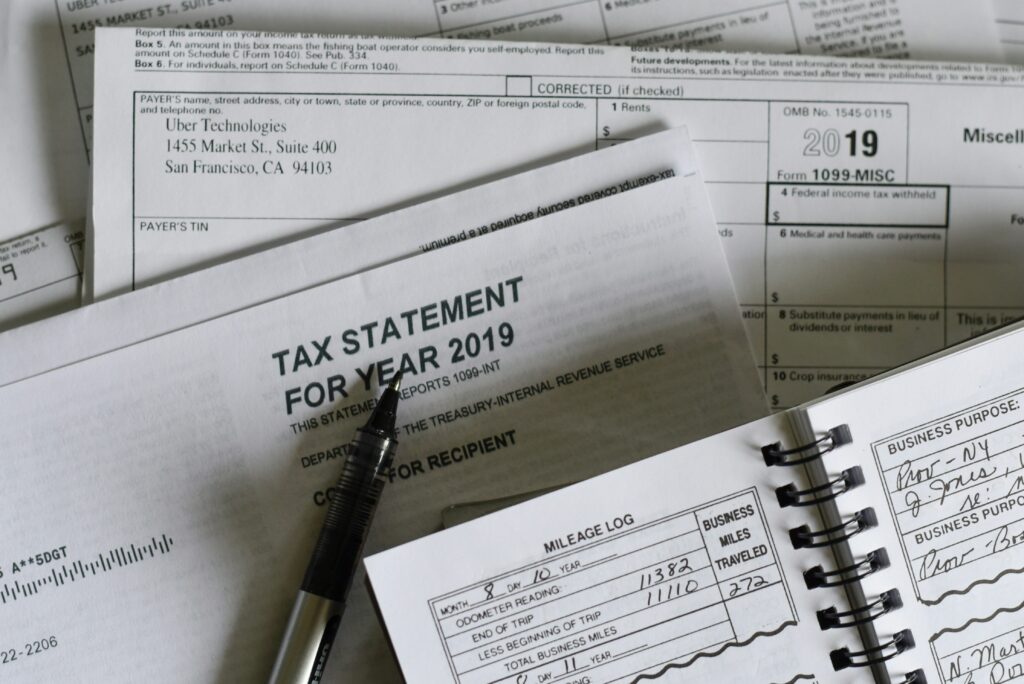Moving to a new nation can be a thrilling adventure, but it also entails a variety of duties and difficulties. Understanding the local tariff system is essential for expats moving to Japan to maintain compliance and make wise financial decisions. This thorough tutorial seeks to give foreigners an introduction to the Japanese levy system, covering fundamental ideas, tax types, tariff requirements, and significant factors.

Understanding the Japanese tax system
A multitude of taxes levied at different tiers of administration are part of Japan’s complex tariff system. The major levy authority in Japan is the National Tax Agency (NTA), which is in the position of regulating tariff administration and collection. Because the Japanese levy framework is self-assessed the taxpayer must precisely document their revenue and establish their tariff liability.
Types of taxes in Japan
The nation imposes the following types of taxes.
Income tax
Income levy is a significant component of the Japanese tariff system. Foreigners who have a habitation in Japan or have resided there for more than a year are subject to Japanese income tax on their worldwide earnings. Because the levy system is progressive, higher income brackets are liable to higher tax rates.
Resident tax
In Japan, local governments charge a tariff known as the resident tax. The amount is determined by the taxpayer’s income and varies by municipality. If an expat stays in the country for more than three months in a calendar year, they must pay the resident tariff.
Consumption tax
Consumption tax is levied in the nation on the sale of products and services, much like value-added tax (VAT) or goods and services tax (GST). The basic consumption tariff rate is 10% right now, however, there may be lower rates or exemptions for some things.
Inheritance and gift tax
Whether an asset is transferred between people through an inheritance or a gift, there is an inheritance and gift tax that must be paid. Both the relationship between the donor and recipient and the amount of the transferred assets affect the rates.
Tax Obligations for expats
The principal tariff duties in Japan are listed below.
Tax residency
For foreigners living in Japan, determining their levy residency is essential since it affects their tax liabilities. In general, people who stay in Japan for 183 days or longer in a calendar year are regarded as tariff residents.
Filing tax returns
An annual levy return must be filed by foreign nationals who owe taxes in the country. Tariff returns must be filed by the following March for the fiscal year in Japan, which runs from January 1 to December 31. It is significant to remember that levy returns must be submitted in Japanese, and it is suggested that you obtain professional assistance or use tax preparation software.
Tax deductions and credits
Japanese expats may be entitled to several deductions and credits, including those for housing, education, healthcare, and pension contributions. To maximize tax planning, it is crucial to become familiar with the available deductions and credits.
Important considerations for expats
To prevent double taxation and offer social security coverage, Japan has engaged in bilateral social security agreements with several nations. To understand their rights and obligations under these agreements, expats should seek more information.
Expats should keep complete records of their income, expenses, and assets to guarantee compliance with Japanese levy rules. The complexity of the system can be navigated with the assistance of tariff advisors or accountants who specialize in foreign taxation.
Additionally, for levy purposes, foreign income made by expats could have to be translated to Japanese yen. It is crucial to comprehend the exchange rates, costs, and potential tariff ramifications associated with currency conversions and transfers.
Ending note
Although navigating a foreign tax system can be difficult, expats can easily complete their levy duties in Japan with the correct information and assistance. An overview of the Japanese tax system, including important taxes, duties, and considerations for expatriates, has been offered in this guide. To guarantee compliance and improve their financial condition in the nation, expats must keep up with any changes in levy regulations and seek professional guidance when necessary.
You may also find these articles helpful
Business immigration and choice of ownership in Japan
The way of life in Japan. The pros and cons of living in Japan
